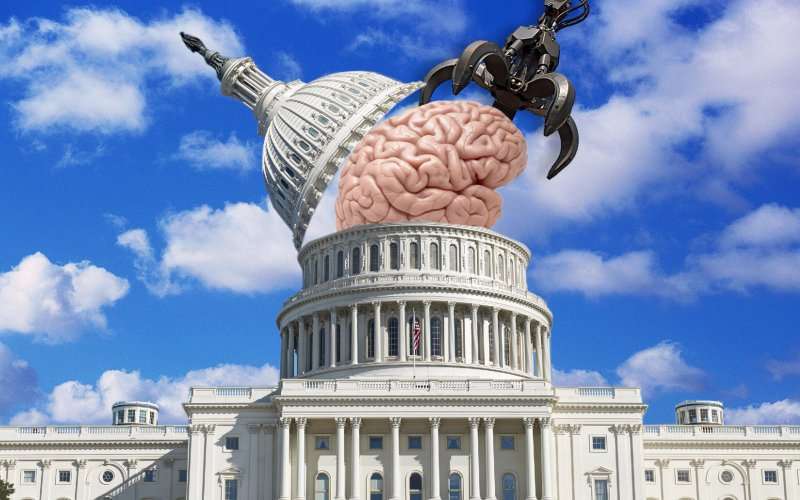Government is on Autopilot. And Headed for Disaster.

Philip K. Howard, the author of 1995's influential treatise against bureaucracy and stultifying regulations, The Death of Common Sense, has a new book out. It's called The Rule of Nobody and it's an important discussion of "automatic government" that combines the worst elements of technocracy and mindless do-gooderism; it's a demented version of "the rule of law." I talk about it in my latest Daily Beast column. Snippets:
"Under current orthodoxy," writes Howard, "the ideal government runs like a software program: Input the facts and out comes a decision." While stressing that such a "technocratic model…has many plausible virtues" and evolved as a way to combat favoritism and partisan whimsy, he convincingly argues that contemporary government has removed virtually all scope for human intervention and responsibility. The result isn't a fairer, more predictable form of government, but "a form of tyranny," says Howard. "The fact that the tyrant is a bureaucratic blob instead of Birmingham police chief Bull Connor means that our freedom is smothered instead of subjugated at the point of a weapon."
Putting more and more decisions - especially spending decisions - on a sort of autopilot is good for pols, of course, and for favored constituencies.
It's clear why politicians like "mandatory" spending: It absolves them of any real responsibility while also shoveling heaping servings of cash to high-turnout voters. For all the rancor in D.C., neither Democrats nor Republicans show the least bit of interest in seriously tackling entitlement reform or shifting "mandatory" spending into "discretionary" funding, where it would come up for an annual and on-the-record vote.
Of course, the problem is that putting increasing amounts of spending, including increasing amounts of automatic increases in spending, on autopilot means that governments can't deal with changed circumstances. Does anyone seriously think that the need for and structure of Social Security—created during the Great Depression, for god's sake, and at a time when there were 160 workers per beneficiary—is relevant to 21st-century America, in which households headed by seniors have 47 times the wealth of households headed by people under 35 years old?


Show Comments (51)